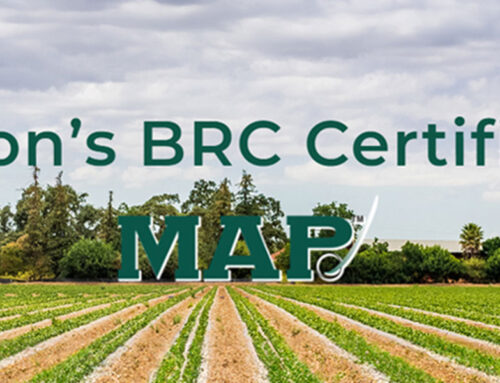A Cost-Effective, Nutrient-Dense,
and Eco-Friendly Alternative
March is the start of Frozen Food Month! Let’s take this opportunity to explore the numerous benefits of making the switch from fresh to frozen. This shift not only proves cost-effective but it also contributes to reducing food waste while maintaining high nutrient density.
- Cost-Effective Choice
One of the primary advantages of opting for frozen foods is their cost-effectiveness. The frozen aisle often offers a wide variety of fruits, vegetables, and proteins at lower prices compared to their fresh counterparts. This affordability allows consumers to access a diverse range of options without straining their budgets, making nutritious choices more accessible to all.
- Reduced Food Waste
Embracing frozen foods can significantly contribute to the reduction of food waste. Fresh produce has a limited shelf life, leading to spoilage and disposal of unused items. In contrast, frozen foods can be stored for more extended periods without compromising quality. This extended shelf life minimizes the likelihood of food going to waste, aligning with sustainability goals and promoting responsible consumption.
- Preserving Nutrient Density
Contrary to common misconceptions, frozen foods can be just as nutrient-dense as their fresh counterparts, if not more. Most frozen fruits and vegetables are flash-frozen at the peak of ripeness, sealing in essential vitamins and minerals. This process ensures that consumers can enjoy produce with optimal nutritional value, even during off-seasons when fresh options may be limited or less nutritious.
- Convenience Without Compromise
Frozen foods offer unparalleled convenience without compromising nutritional content. The freezing process locks in flavors, textures, and nutrients, allowing consumers to enjoy a wide array of fruits, vegetables, and proteins throughout the year. This convenience is particularly beneficial for individuals with busy lifestyles, as frozen options eliminate the need for frequent grocery shopping and meal planning.
In conclusion, Frozen Food Month serves as a reminder that frozen foods are not just convenient but also economically savvy and environmentally responsible choices. By embracing the frozen aisle, consumers can enjoy the benefits of cost-effective options, reduced food waste, and nutrient-dense meals that contribute to a healthier, more sustainable lifestyle.







